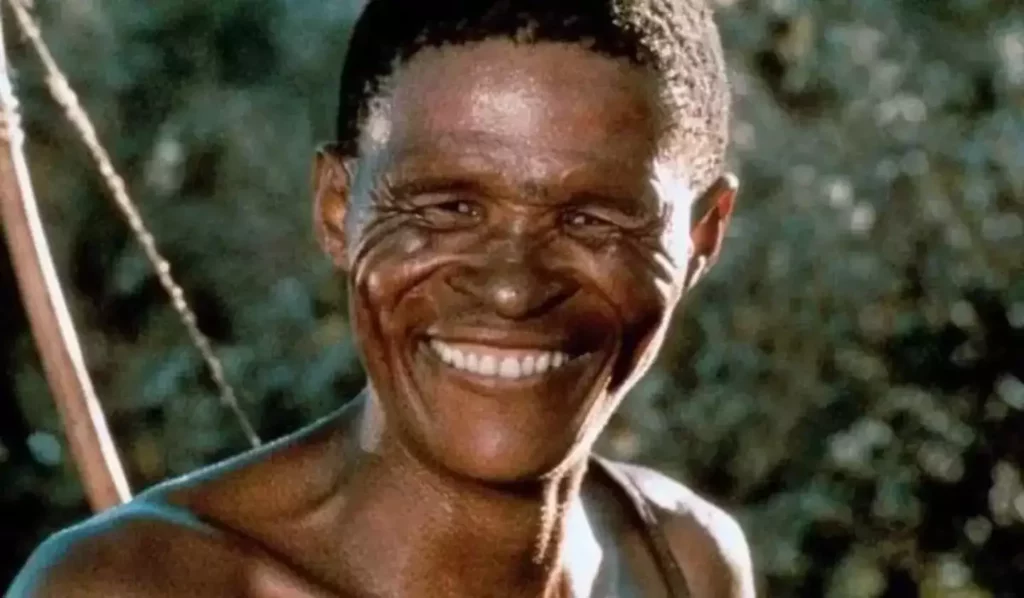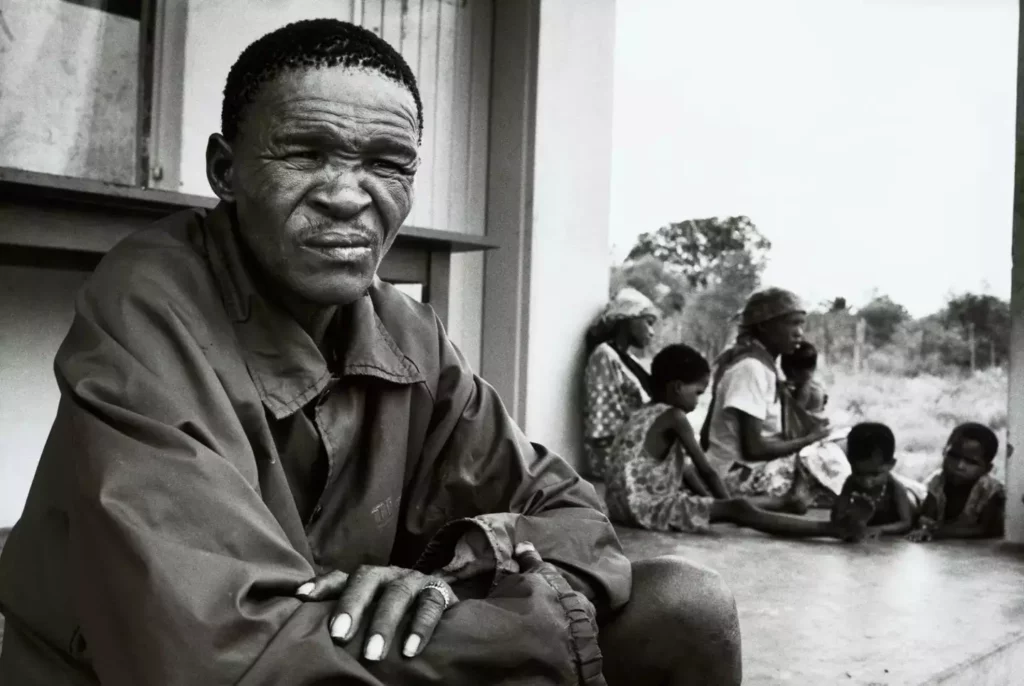An actor who appeared in a film that grossed an impressive $90 million received just $300 for his performance.
The film industry is undoubtedly complex, and one actor learned this lesson the hard way.
While many actors now command millions before filming even starts, the late N!xau Toma was offered a paltry upfront fee for his role in Jamie Uys’ comedy, The Gods Must Be Crazy.
The 1980 comedy tells the story of a South African tribe that discovers a glass Coca-Cola bottle that has fallen from an airplane.
They perceive it as a gift from the Gods, given how suddenly it appeared in their midst.
However, the narrative is far from straightforward, as everyone becomes eager to seize the mysterious object, resulting in chaos and hilarity.
Tribe leader Xi (played by Toma) attempts to return the bottle in hopes of restoring peace, leading him on a comedic adventure to the “end of the world.”
In this engaging role, the protagonist encounters a biologist (Marius Weyers), a newly hired village school teacher (Sandra Prinsloo), and a group of guerrilla terrorists.

Toma played a significant role in the film, yet he was compensated very little for his hard work.
When payday came, director Uys mentioned that he paid Toma just $300 for his first ten days of filming, but Toma didn’t grasp the concept of money.
Reportedly, he let the bills get swept away by the wind, prompting a switch to compensation in the form of 12 heads of cattle.
After filming wrapped up, he received a monthly stipend of $100, plus an additional $20,000 deposited into a trust account established in his name.

Born in Namibia, Toma led an intriguing life even before he began acting, as he belonged to a group known as the Bushmen, indicating his status as an Indigenous hunter-gatherer.
He was fluent in Jul’hoan, Otjiherero, and Tswana, and his breakthrough role came with The Gods Must Be Crazy, which marked his first exposure to the world beyond his local community.
Filming took place in both Namibia and Botswana, but Toma was reportedly flown back to his remote home in Tsumkwe, located in the Namibian Kalahari, every three to four weeks to help ease the transition and mitigate culture shock.
Toma passed away in 2003 at the age of fifty-something, with local police officials confirming his death.





